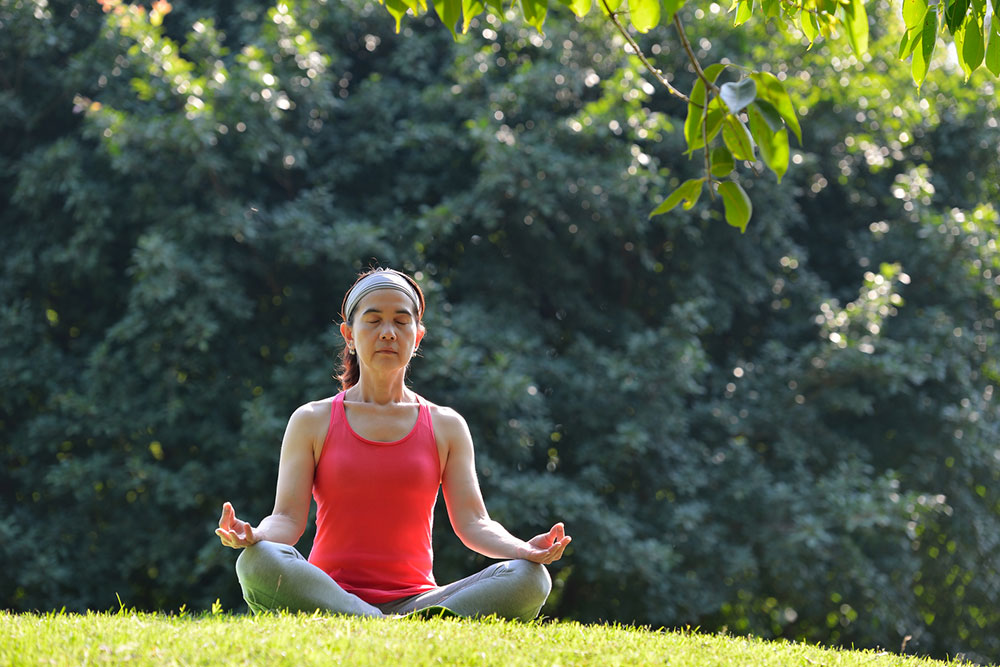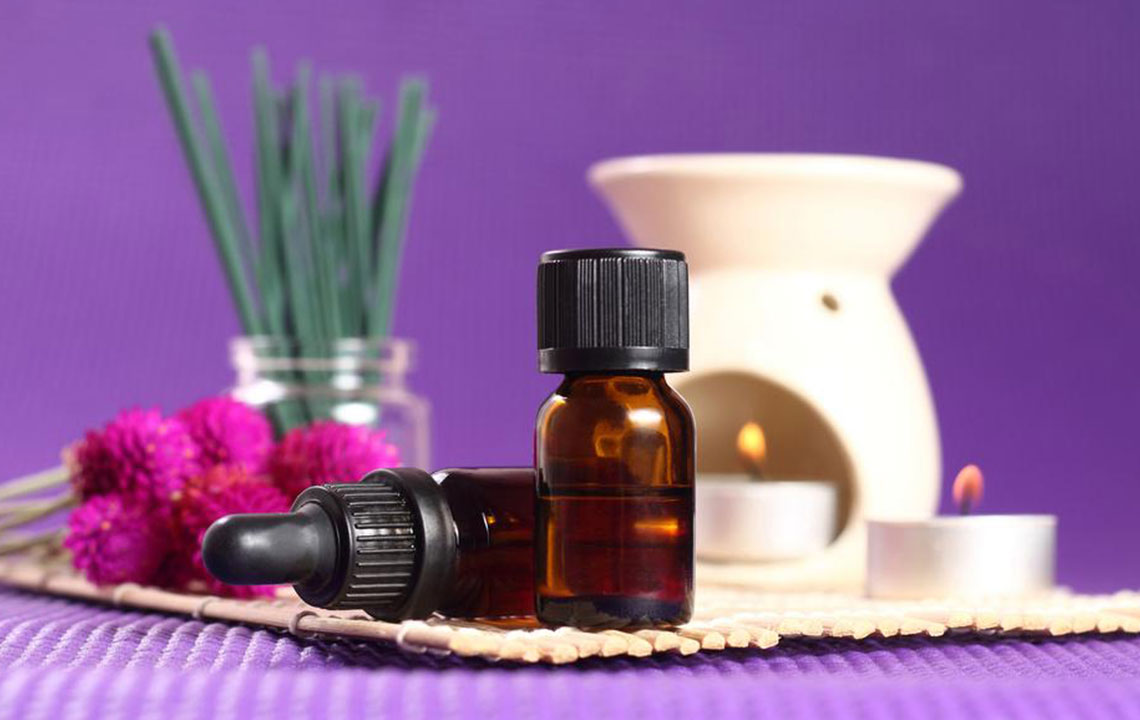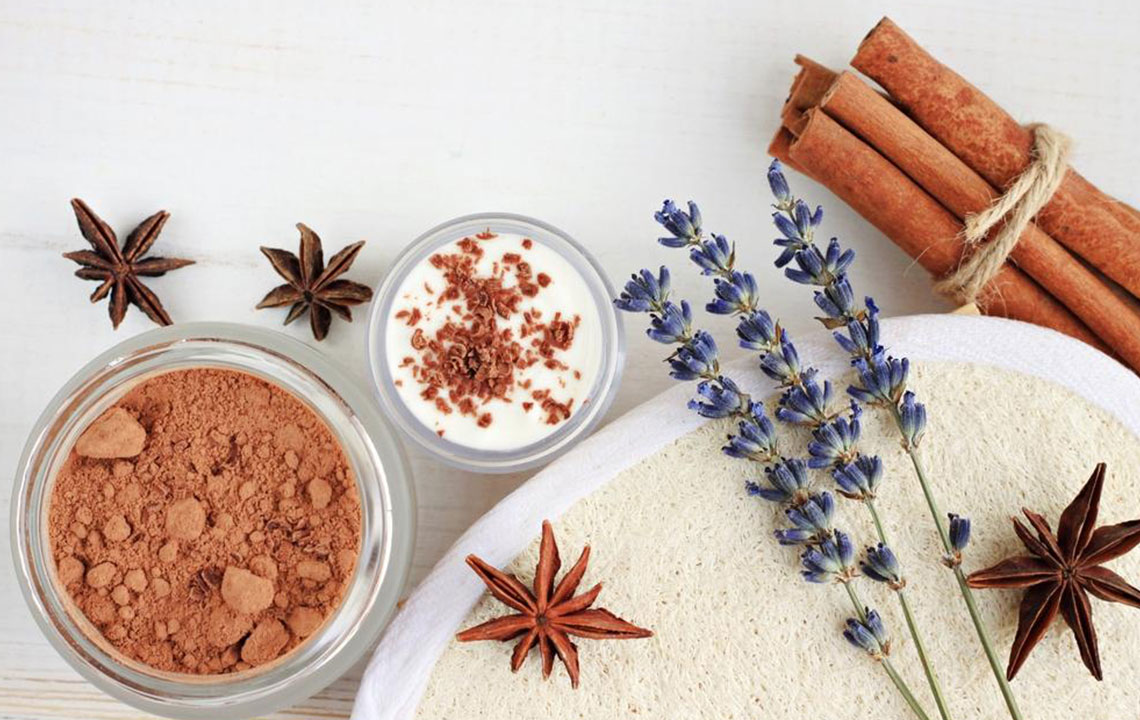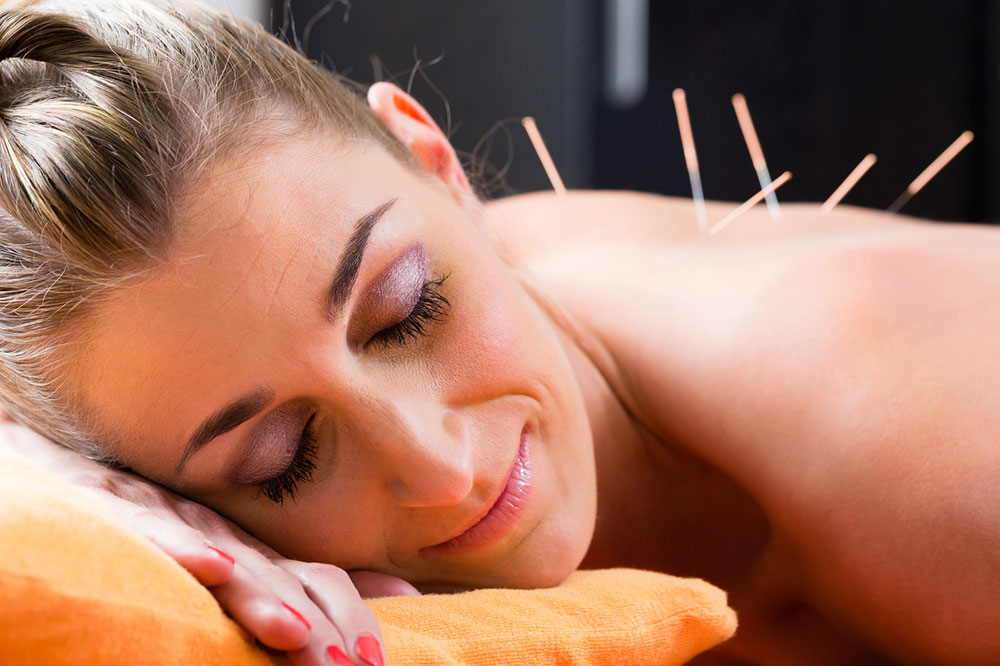Comprehensive Natural Approaches to Managing Premenstrual Dysphoric Disorder (PMDD)
Discover comprehensive natural approaches to managing Premenstrual Dysphoric Disorder (PMDD). This guide covers lifestyle modifications, dietary tips, and mind-body techniques like meditation, aromatherapy, and yoga, all aimed at alleviating severe PMS symptoms. Combining these strategies with professional medical advice can lead to significant symptom relief, improved mood, and better quality of life for women suffering from PMDD. Embrace holistic methods to restore hormonal balance and emotional stability naturally.

Effective Natural Strategies to Alleviate Symptoms of Premenstrual Dysphoric Disorder
Premenstrual Dysphoric Disorder (PMDD) is a severe, disabling condition that affects approximately 5% of women of reproductive age. Unlike regular PMS, PMDD involves intense emotional and physical symptoms such as severe mood swings, irritability, depression, anxiety, fatigue, and physical discomfort like bloating and cramps. These symptoms can significantly interfere with daily life, relationships, and overall well-being. While pharmacological treatments and counseling are often recommended by healthcare professionals, many women seek natural remedies to help manage their symptoms effectively. Incorporating holistic strategies can offer relief and improve quality of life, especially when used in conjunction with medical advice. This article explores a variety of natural approaches, including lifestyle modifications, dietary adjustments, and mind-body techniques, aimed at supporting women struggling with PMDD.
Practice Regular Meditation: Meditation is a highly effective tool for calming the mind and balancing emotional responses. Regular practice can help reduce anxiety, mood swings, and irritability associated with PMDD. Techniques such as mindfulness meditation, deep breathing exercises, or guided imagery can foster emotional stability and promote a sense of calm.
Utilize Aromatherapy for Stress Relief and Pain Reduction: Aromatherapy, especially using essential oils like lavender, chamomile, or peppermint, has been widely recognized for its soothing effects. Diffusing these oils or applying them topically (diluted properly) can assist in alleviating stress, easing headaches, and reducing physical discomfort caused by cramps or bloating.
Optimize Menstrual Product Choices: Some women find relief by switching menstrual hygiene products—such as trying organic tampons, pads, or menstrual cups—after consulting with a healthcare provider. Certain materials can irritate the skin or cause allergies, potentially worsening symptoms. Making informed choices about menstrual care can contribute to overall comfort during this phase.
Adopt a Nutrient-Rich Diet: Consuming foods that are rich in essential nutrients can greatly impact hormonal balance and symptom severity. Focus on incorporating foods high in calcium, magnesium, vitamin B6, and vitamin E. These nutrients can alleviate symptoms like bloating, mood swings, and fatigue. For example, leafy greens, nuts, seeds, and fortified grains are excellent options.
Engage in Gentle Yoga and Physical Activity: Regular, gentle exercise such as yoga, walking, or tai chi can help reduce physical pain, improve mood, and boost overall energy levels. Specific yoga poses targeting the lower back and abdominal muscles may ease cramps and discomfort, while also promoting mental clarity.
Consider Acupuncture: Under the supervision of qualified practitioners, acupuncture can serve as an adjunct therapy to help regulate mood and reduce physical symptoms. Many women report improvements in PMS and PMDD symptoms after consistent acupuncture sessions, though individual responses may vary.
Prioritize Quality Sleep: Sleep disturbances are common with PMDD. Maintaining a regular sleep schedule, creating a restful environment, and avoiding stimulants before bedtime can promote restorative sleep. Adequate rest is crucial for emotional regulation and energy management during this challenging period.
While these natural strategies can significantly mitigate the severity of PMDD symptoms, it is vital to consult with healthcare professionals for personalized diagnosis and treatment plans. Combining natural remedies with medical advice offers the best chance for effective management, improved quality of life, and overall well-being for women affected by PMDD. Embracing a holistic approach that incorporates physical, emotional, and dietary changes can empower women to navigate their menstrual health more comfortably and confidently.





